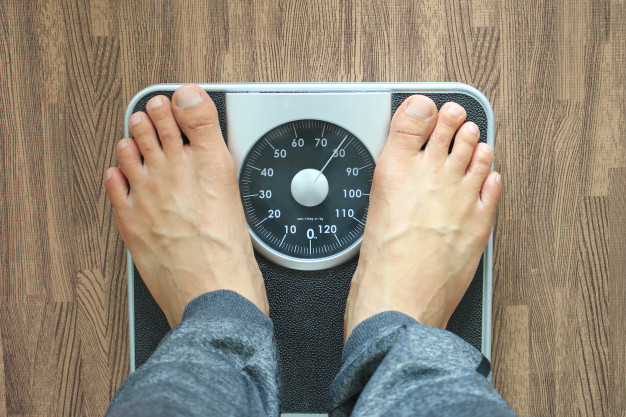October is the breast cancer awareness month. This tradition has been established in the 1980s and has been commemorated every year since. It is meant to raise awareness of this vicious disease affecting predominantly women.
And a vicious disease it is. In fact, it is one of the biggest killers of women in the US, as well as the rest of the developed world. It is also one of the most diagnosed cancers. We asked professionals from Odonate Pharmaceuticals to share some insight into the early signs and symptoms of breast cancer, as well as possible treatment options available today.
Early Symptoms Are Easy to Dismiss
Breast cancer is not only a dangerous and widespread illness, but it can also be very subversive, particularly in the early stages. The symptoms and potential signs that something is wrong are easy to dismiss and can even go unnoticed.
However, if you are diligent and check regularly, you should be able to notice any difference and seek advice from your doctor. Some people adopt the mindset that it is perhaps nothing and not important, but you really shouldn’t gamble with your health and seek help if you notice anything.
Changes in the Feel of the Breast
The earliest symptoms won’t be visible, but you will be able to feel them with your hand. Giving yourself regular breast exams is the simplest and safest way to ensure that you are able to spot any changes or problems early on.
Some of these symptoms include the tenderness of the breast or a lump on the breast or the armpit region, enlargement of the pores in the region, or even a change in the texture of the skin (often described as orange peel sensation). Remember that even if you do spot these changes (particularly lumps), that doesn’t mean that it is cancerous. There are different types of lumps; however, just to be safe, any changes should be seen by a professional.
Changes in the Appearance of the Breast
The second level of potential early symptoms of breast cancer can be inspected visually as well. One of the most common of these is the unexplained change in size or the shape of the breast. This kind of problem is particularly noticeable if it is asymmetrical, i.e. affecting only one breast and not the other one.
A more noticeable issue can be if the nipple is inverted or at least slightly turned inwards. This might be a stronger indication that something is wrong. If the skin of the breast is red, swollen, scaly, or with orange skin pattern, you really should consult a medical professional. Even if it is not a symptom of cancer, it is a concern which you should see as soon as possible.
Nipple Discharge
Finally, if you detect any kind of discharge from your breasts which you do not expect, it is a cause for concern. If the discharge is milky, most experts agree that this is not an indication of cancer, but should be investigated by a medical professional, nonetheless.
On the other hand, if the discharge is clear, you ought to be responsible and see a doctor. The same thing applies in the case of bloody nipple discharge. Once again, even if it is not related to cancer, it is a cause for concern.
Keeping yourself healthy may seem like a chore at first, but if you persist, you will find that this short and simple ritual is quite useful and that the benefits it provides far outweigh the trouble you put yourself through.
Read Also:






















